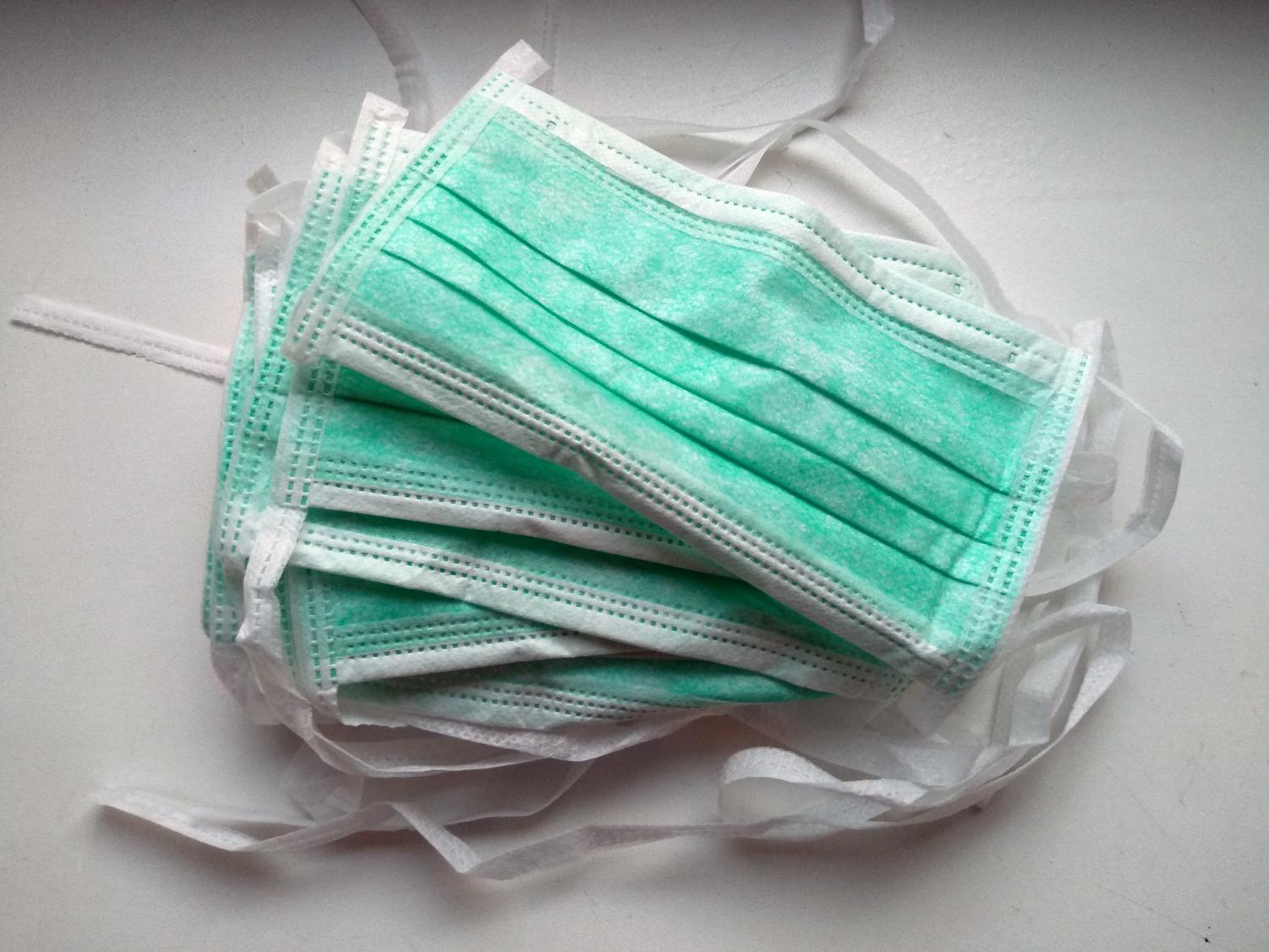The implementation of COVID-19 restrictions introduced masks as a staple of our daily lives. However, these face coverings also sprouted an intense controversy throughout the nation, and one that is, unfortunately, deeply politicized. Instead of public health and safety being the focal point of this national conversation, government coronavirus regulations have become a dividing argument between right and left-wing citizens. As we near 6 million coronavirus cases in the U.S., we need to depoliticize mask-wearing, or we will remain trapped in the first wave of the virus indefinitely.
WHY SO POLITICAL?
The political tensions from mask controversy are rooted in our leaders and our history. With conservatives forming the majority of anti-mask sentiments, their motivations are not necessarily a direct result of those in office, but they are definitely encouraged by our leaders. President Donald Trump said in April that he would not wear a face mask, despite medical experts advising the opposite. He has only appeared in public wearing a mask for the first time in July. Additionally, Vice President Mike Pence has also been avoiding mask-wearing, having visited the Mayo Clinic in April without a face covering. Regardless of their intention, the actions of our nation’s leadership indicate a preference for personal freedom over public health—an issue with which our country has a long history.
The United States was founded on the ideal of individual freedom, and when previous pandemics resulted in economic shutdowns, people would sue on the basis of being denied open bars and restaurants and refused to wear masks on the basis of personal rights. Freedom is a quality many Americans hold dearly to, but to say it is an infringement of one’s rights or that it is oppressive to require mask-wearing is a testament to the belief in total freedom without consequences.
Wearing a mask should be solely a measurement of public health, not tied to our leaders’ actions or our constitutional freedom.
MASKS ARE ABOUT PUBLIC HEALTH, NOT POLITICS
In the early weeks of the pandemic, it was not clear if masks could stop the spread of COVID-19. Research now shows that wearing a cloth face covering is useful and essential to prevent the spread of coronavirus.
Most other countries, including many in Asia, already used masks as a common cultural courtesy before the pandemic. In the U.S., however, masks are “stigmatized as symbols of sickness or disability,” according to the Washington Post, and for many Americans, sickness is often equated to weakness. We pride ourselves on strength to the point where any sign of weakness or illness is weaponized among our nation’s leaders. Masks have merely been swept up in this age-old contempt for physical weakness.
We need to depoliticize both masks and sickness so that we can turn our focus away from the stigma around weakness and toward community wellness. Masks are symbols of respect, not bondage to the government or a threat to personal freedom.
RECOGNIZING CONS
Of course there are real issues with masks, but they are social issues—not political. For able-bodied individuals, masks eliminate a key form of nonverbal human interaction—body language, facial expressions and emotional visibility—but for the deaf and hard of hearing, masks rob an essential method of communication. These communities rely on reading lips and facial expressions, which is virtually impossible when people are wearing face masks.
Wearing masks have also negatively impacted the Black community. In American culture, wearing a mask is often associated with criminal activity, and for Black men who are already racially profiled, this association is even stronger. Many have taken to social media to voice their concerns about a possible increase of being racially profiled while wearing a mask. With the fear of wrongful assumptions made about them, Black men have a choice to make: risk theirs and others’ lives by not wearing a mask, or risk a potentially deadly encounter with the police.
While social issues can certainly be political, these problems with masks require interpersonal solutions that transcend politics.
CONCLUSION
We should not be pitted against each other over safety regulations during a global pandemic. In this time we need to care of one another, especially those most negatively affected. Masks should unite us on the basis of public health, not divide us.












